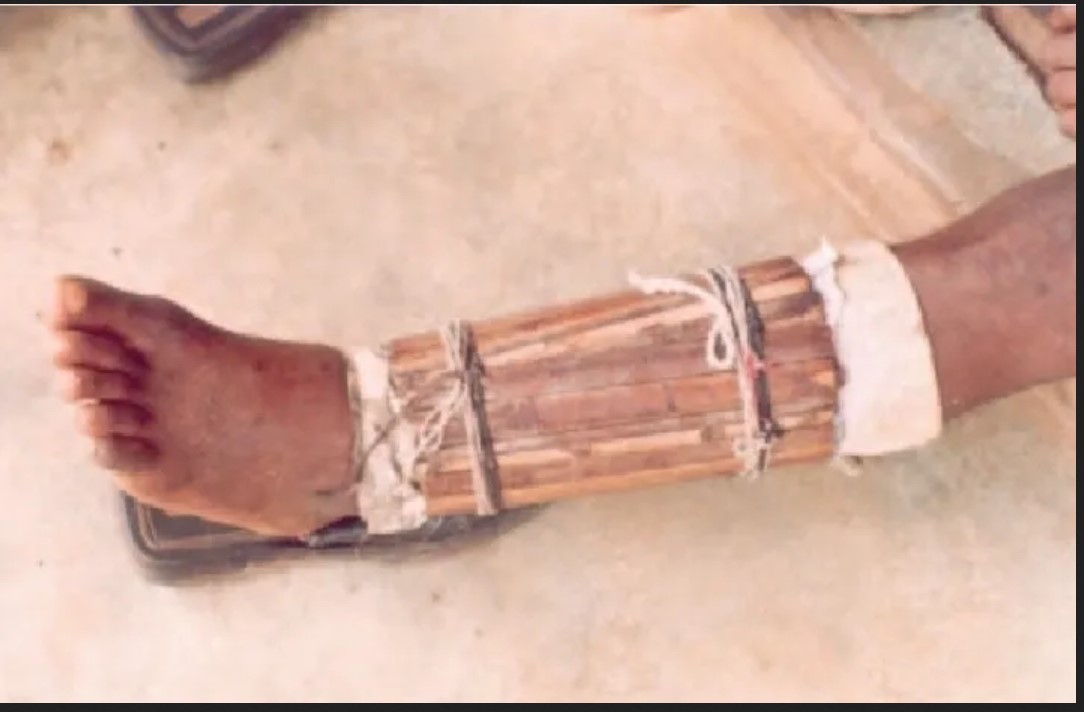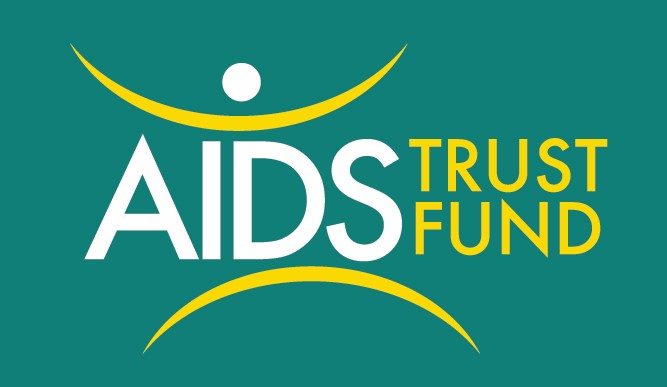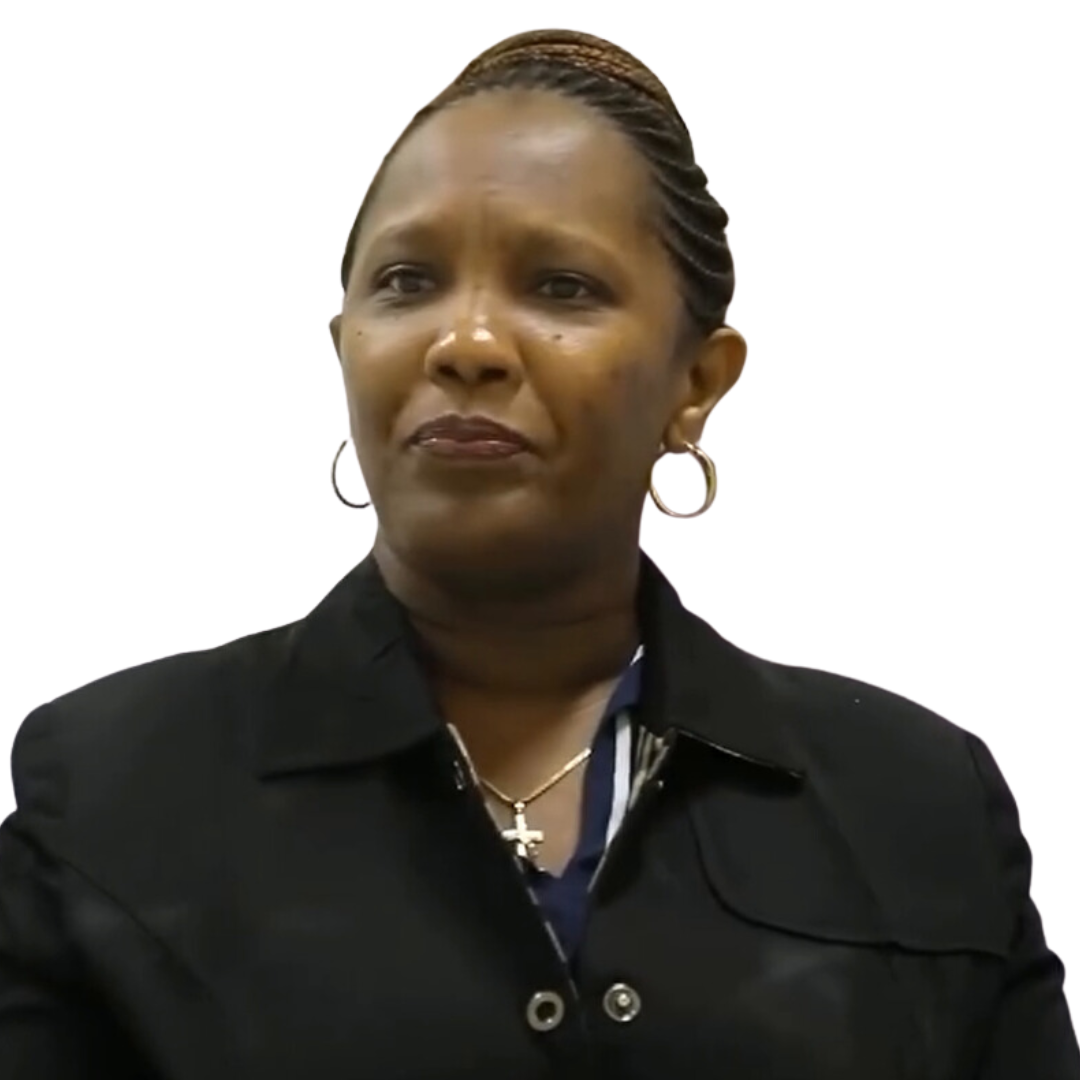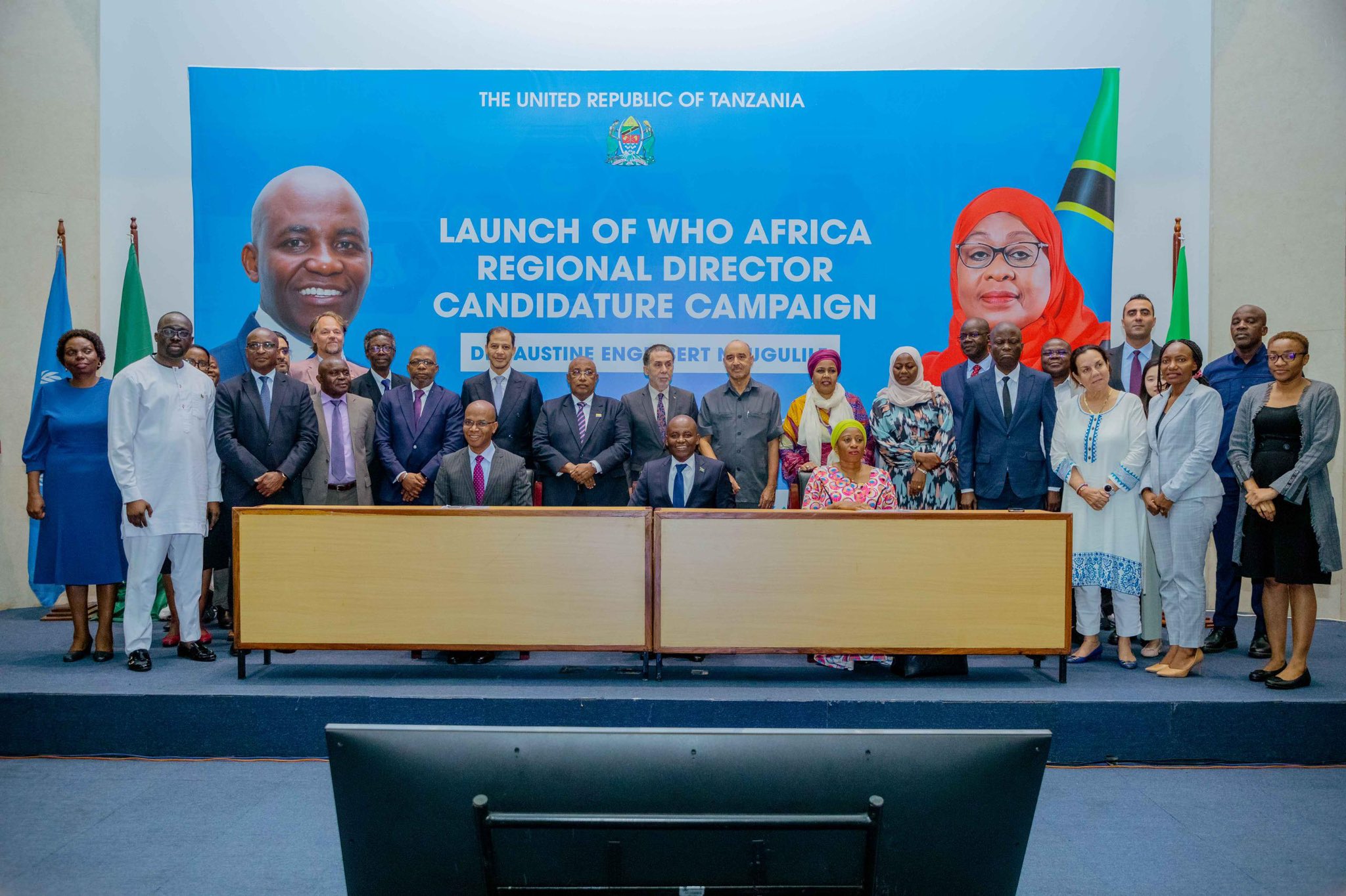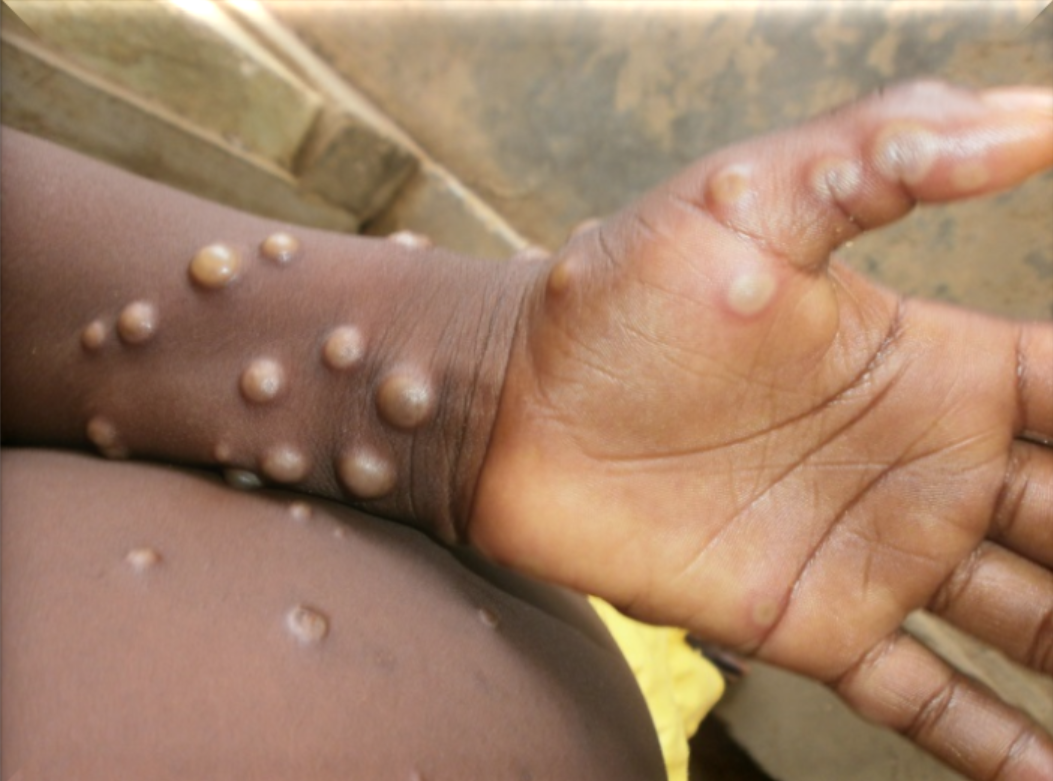After many months of refuting the existence of COVID-19 in Tanzania, the country’s Ministry of Health has finally acknowledged and directly urged precautions against the viral pandemic. However, the absence of scientific data on the extent of the viral disease leaves public health interventions in paradox.
“We’ve been in a challenging position as doctors,’’ says the President of the Medical Association of Tanzania (MAT), Dr Shadrack Mwaibambe. Although the government has somehow come out openly on the existence of the pandemic, “Many questions remain unanswered due to lack of data,’’ he tells MedicoPRESS.
Viruses with a pandemic potential are likely to recur, experts say—and it is through proper public health surveillance and clear data on COVID-19 that Tanzania can learn and strengthen its health systems against future viral pandemics.
Researchers from the National Institute for Medical Research have previously cautioned about emerging and re-emerging viral epidemics in Tanzania through their study, titled: Emerging viral infectious disease threat: Why Tanzania is not in a safe zone.
But a veil of secrecy has prevailed over the true burden of the COVID-19 pandemic since May 8 last year when Tanzania had recorded 509 COVID-19 cases and 21 deaths. Days later, President John Magufuli declared the country ‘coronavirus free.’
A return to normal life begun. Schools, stadiums and other public places re-opened. The COVID-19 topic became less popular and a high level of complacency ensued for over 8 months since “the first wave of the pandemic.’
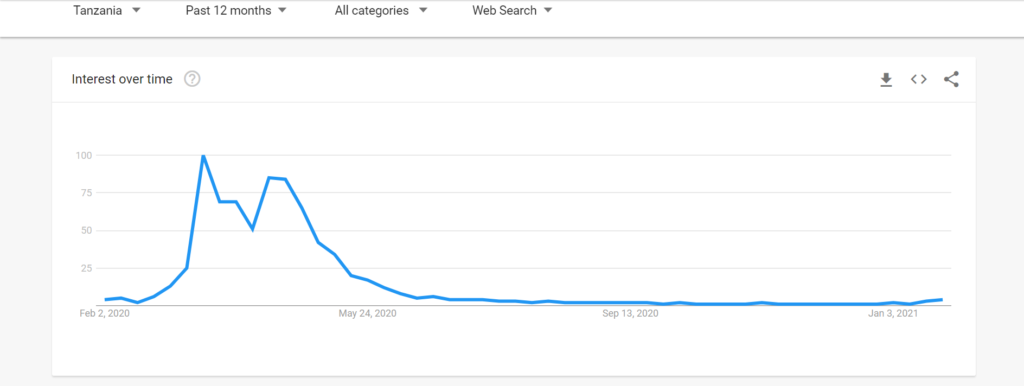
Organizations that had been conducting advocacy programmes on coronavirus prevention in communities by then, were left in suspense. “We[in Tanzania] seemed to have been pursuing a strategy of herd immunity but we were doing it in data darkness,’’ said then, Aidan Eyakuze, the Executive Director of Twaweza East Africa.
However in recent weeks, President Magufuli said publicly that he was aware of some Tanzanians who went abroad to be vaccinated and returned to the country with ‘a strange coronavirus.’ His remarks came at a time of increasing reports about new coronavirus variants spreading across Africa.
Although he didn’t declare the presence of COVID-19 in Tanzania, concerns have been mounting over ‘unexplained deaths related to breathing problems.’
People weren’t free to name COVID-19 in public for fear of litigation. Instead, diagnoses such as pneumonia or ‘simply breathing problems’ were assigned to people with possible symptoms of the disease.
It is prohibited to publish “Content with information with regards to the outbreak of a deadly or contagious diseases in the country or elsewhere without the approval of the respective authorities,” as per regulation number 16 of the newly stipulated Electronic and Postal Communications (online content) regulations, 2020.
In that case, only anecdotal evidence could tell the situation. “I am tired of going to funerals…” such as said by Zacharia Isaay (Mbulu Urban) a Member of Parliament as he urged the government to ‘be open’ about a possible ‘second wave of COVID-19’. His concerns, raised about two weeks ago were ruled out by the government.
The Tanganyika Law Society (TLS) recently called for the amendment of the Public Health Act 2009 to empower the Ministry of Health in handling pandemics better. TLS was raising concerns over what it explained as the government’s laxity in dealing with the pandemic.
Read: No plans for COVID-19 vaccines in Tanzania, minister confirms
But recent deaths of high profile leaders, including the vice-president of Zanzibar Seif Sharif Hamad who said publicly that he had contracted coronavirus, seem to have jolted the government into action.
“We will not impose lockdown but all precautions against COVID-19 must be observed..,” said the Ministry of Health in a statement today.
But does that mean the ministry of health has officially declared an outbreak of COVID-19?
“No, no, no…you need to listen carefully to top government leaders who are mandated to declare outbreaks, our statement is self-explanatory…but the Head of State has already played his part,’’ responded the Head of Government Communications at the Ministry of Health, Gerard Chami when asked by MedicoPRESS.
However, public health experts are upbeat so far. “This is a major and welcome step forward …vaccines next,’’ advises Frank Minja, a professor of neuroradiology in the Department of Radiology and Biomedical Imaging at the Yale School of Medicine in the United States.
Where is the data?
While sympathizing with Tanzanians following the deaths of senior government leaders, the World Health Oragnisation’s Director General Tedros Ghebreyesus said it was high time Tanzania started sharing data on coronavirus cases, deaths and recoveries.
Dr Tedros says he has spoken with several authorities in Tanzania regarding sharing of data and measures on how to curb the pandemic but the WHO is yet to receive feedback.
“This situation remains very concerning. I renew my call for Tanzania to start reporting COVID-19 cases and share data. I also call on Tanzania to implement the public health measures that we know work in breaking the chains of transmission, and to prepare for vaccination.”
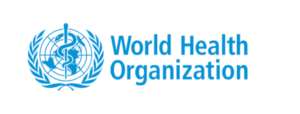
“A number of Tanzanians travelling to neighbouring countries and beyond have tested positive for COVID-19. This underscores the need for Tanzania to take robust action both to safeguard their own people and protect populations in these countries and beyond,’’ said the WHO chief in a rare statement targeting a particular country.
We can slow down transmission
In curbing pandemics, collaborative efforts are required among politicians, scientists, spiritual leaders, formal and informal leaders and NGOs under the leadership of the government, says Dr Deogratias Soka, the Chief Executive Officer of Tanzania Sickle Cell Disease Alliance (TSCDA).
“Our target should be to slow down the transmission rate. Given the natural history of [the coronavirus], if we could take serious measures for consecutively two weeks, most of the asymptomatic carriers will be non-infectious,’’ explains Dr Soka.
“Fortunately the serious measures do not require rocket science, it only takes the very same initiatives we took during the first wave, nothing more nothing less,’’ he says, calling on the government to actively engage science researches on how to deal with variants of coronavirus and paving the way for COVID-19 vaccination.

